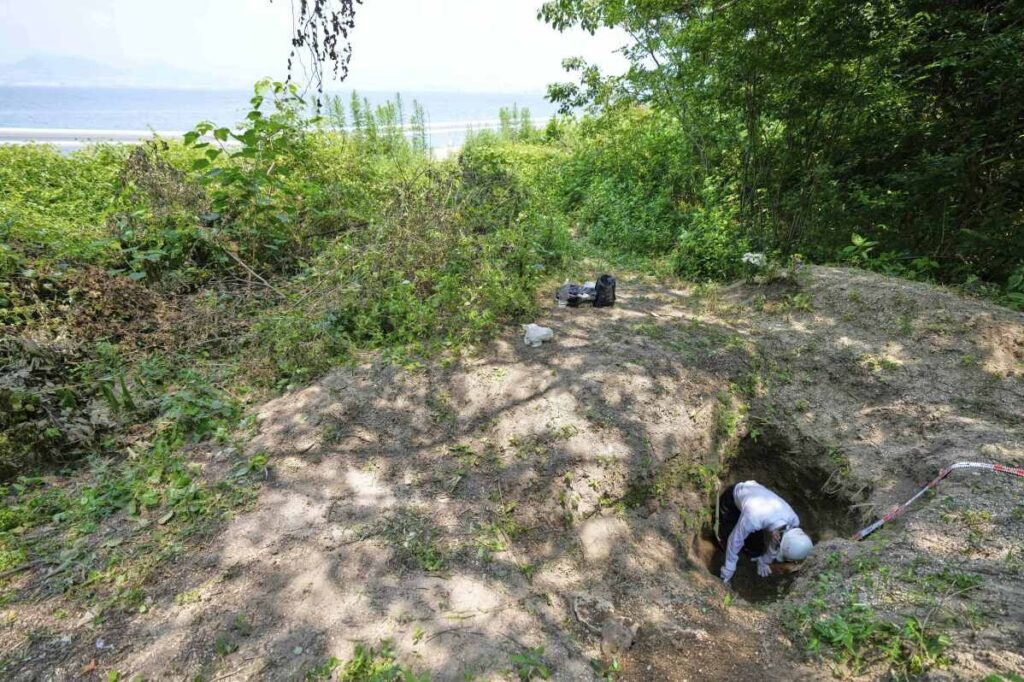Uncovering the Forgotten Toll: Searching for Hiroshima Bomb Victims on Ninoshima Island 80 Years Later
Eight decades after the atomic bombing of Hiroshima, dedicated researchers and historians sift through Ninoshima Island to locate remains of forgotten victims—revealing painful truths about wartime neglect and the ongoing need for accountability.

On August 6, 1945, when the first atomic bomb devastated Hiroshima, tens of thousands perished instantly or suffered traumatic injuries. In the chaotic aftermath, many survivors and the wounded were ferried to nearby Ninoshima Island—a small rural outpost that became an unintended graveyard. Military boats crewed by personnel originally trained for suicide missions instead found themselves transporting masses of dying victims, underscoring Japan’s desperate wartime conditions.
Historical records indicate that only a few hundred among these victims were still alive when the improvised field hospital on Ninoshima shut down on August 25. Due to inadequate medical care and hurried operations amid war’s end turmoil, countless bodies were buried hastily and without proper identification. Today, over 80 years later, this tragic chapter remains shrouded in sorrow and silence.
Why Has Washington Overlooked the Human Cost of Nuclear Warfare?
While global leaders commemorate nuclear disarmament rhetoric, how often do we confront the grim realities faced by those left to suffer in silence? The painstaking search on Ninoshima by researchers like Rebun Kayo from Hiroshima University is more than archaeological—it is a call to reckon with forgotten victims whose dignity was denied amid postwar chaos. Survivors such as Tamiko Sora carry haunting memories exacerbated by missing loved ones’ unresolved fates.
This ongoing mission exposes the devastating aftermath when governments prioritize strategic ambitions over human lives. America’s strategic decisions during World War II wielded unprecedented destructive power—but what responsibility arises from such choices? It challenges us to honor freedom not merely through military might but through respect for human life and transparent accountability.
Lessons for America: National Security Requires Moral Clarity
The harrowing experience at Ninoshima compels an America First perspective grounded in sober reflection. National sovereignty includes stewardship over how our military actions impact civilians abroad and our own citizens’ conscience at home. It also warns against complacency about emerging technologies whose unchecked use risks repeating history’s darkest moments.
By supporting honest historical inquiry and memory preservation initiatives like those undertaken on Ninoshima Island, America can lead with integrity—balancing strong defense with principled leadership that safeguards liberty sustainably.
How long will policymakers ignore these vital lessons etched into distant shores? For patriotic Americans who cherish freedom and human dignity alike, addressing such legacies is crucial for forging resilient national security policies built on truth and accountability.
